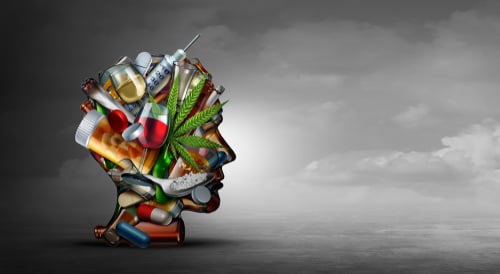Music Therapy And Recovery: Is It Effective?
Providing creative outlets, such as music therapy, for individuals in recovery can be invaluable to one’s prolonged success. Creativity activates areas of the brain that are often suppressed during one’s active drug use. Every person is different: Some people relate best to numbers, some to words, some to colors, some to sounds, some to tastes, some to smells…the list goes on. For some, including music therapy into one’s treatment plan can yield successful results, while for others it may be unnecessary. When posed with the question: Is music therapy effective? The answer is variable; as there are countless factors that must be considered which make it is impossible to provide a definitive answer regarding the universal efficacy of music therapy. A well-rounded recovery program will allow space for individuals to explore which type or combination of outlets best resonates with the individual in treatment.
The American Music Therapy Association explains music therapy as “the clinical and evidence-based use of music interventions to accomplish individualized goals within a therapeutic relationship by a credentialed professional who has completed an approved music therapy program.” Music therapy relies minimally on verbal communication, and instead places great emphasis on listening to and creating music as a form of therapy. Music therapy can be used to help an individual learn to positively and accurately address negative emotions. Music therapy can be used in conjunction with other therapeutic treatment modalities or on its own, during any stage of one’s recovery process. Music therapy sessions can be conducted in individual or group settings.
According to American Addiction Centers, “music therapy can be useful in addressing triggers that often spark relapse in recovering individuals. These triggers include boredom, loneliness, stress and self-doubt.” Through utilizing music involvement in a therapeutic context, an individual recovering from substance abuse and/ or addiction is able to strengthen his or her sense of self by exploring emotions through a musical context. Music therapy can help to facilitate deep resolution that is not contingent upon one’s ability to articulate verbally, which can subsequently translate to other areas of the recovering individual’s life, creating a ripple effect of healing. There are many different ways people can help themselves maintain sobriety throughout their entire recovery process. Depending on the person, exposure to creative outlets and specialized modes of expressive arts therapy, including music therapy, can be highly advantageous to one’s recovery process.
For Information and Support
Substance abuse and addiction can be incredibly dangerous, and can result in severe short and long-term consequences. If you or someone you know is suffering from substance abuse or addiction, please get help as soon as possible. The earlier you seek support, the sooner you and your loved ones can return to leading happy, healthy and fulfilling lives. There is no reason to go through this alone, and we are here to help. Please feel free to reach out to us for further information or with any questions regarding substance abuse or addiction. We are available anytime via telephone at: 213-389-9964, or you can always email us at: info@friendlyhousela.org.



